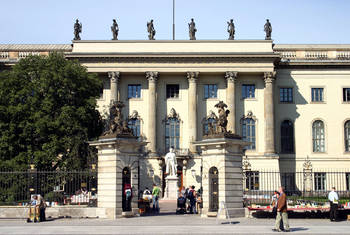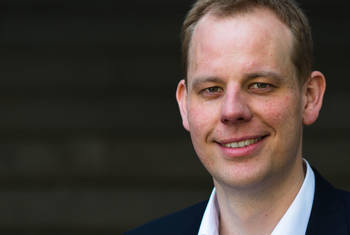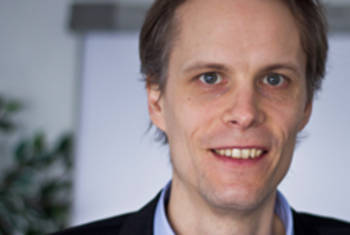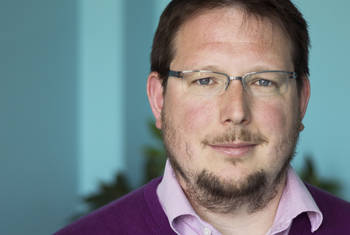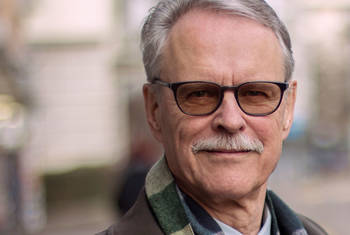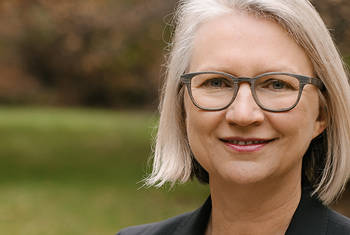Michael Burda What Can “Non-Work” Teach Us About the Labor Market?
Michael C. Burda is Professor of Economics and director of the Institute for Economic Theory II (Macro) at Humboldt University of Berlin. He also holds research fellowships from the Centre for Economic Policy Research in London and the Institute of Labor Economics (IZA) in Bonn. Having completed his Ph.D. at Harvard, Burda has offered consultancy expertise to the World Bank, the European Commission and the German Council of Economic Advisors. The seventh edition of his book, Macroeconomics: A European Text (co-authored with Charles Wyplosz, translated into 12 languages), was published by Oxford University Press in 2017.
Area of Research
Econometrics, Business Cycles, Labor Economics, Macroeconomics, European Integration
since 1993
Professor of Economics (C4)
Humboldt University of Berlin (Humboldt-Universität zu Berlin) (more details)
School of Business and Economics
since 2007
Visiting Professor of Economics
European School of Management and Technology
1996-1997
Visiting Professor of Economics
University of California, Berkeley
Economics Department, Haas School of Business
1991-1993
Associate Professor of Economics
INSEAD
1987-1991
Assistant Professor of Economics
INSEAD
1984-1987
Teaching Fellow
Harvard University
1987
Ph.D., Economics
Harvard University
1981
A.B. in Economics
Harvard University
Harvard College
- American Economic Review, Journal of Political Economy, Quarterly Journal of Economics, Econometrica, Economica, Review of Economic Studies, Review of Economics and Statistics, Journal of Labor Economics, Economic Journal
- Journal of the European Economic Association, European Economic Review
- Economics Letters, Journal of International Money and Finance, Journal of Public Economics, Oxford Economic Papers, Oxford Review of Economic Policy, Scandinavian Journal of Economics
- Research Fellow, Centre for Economic Policy Research, London; Center for Economic Studies, Munich; Institut Zukunft der Arbeit, Bonn
- President, Verein für Socialpolitik (German Economic Association) (2011-2014)
- Executive Council, Verein für Socialpolitik (2005-2009)
- Executive Committee, European Association of Labour Economists (2004-2011)
- Council Member, European Economic Association, (1996-2001)
- Panel Member, Economic Policy Panel (1991-1992)
- Associate Editor, eJournal Economics, Economic and Social Review
Prizes
- Honorary Doctorate (Dr.rer.pol.h.c.), University of Magdeburg (2013)
- Gossen Prize, Verein für Socialpolitik (1998)
- Böttcher Foundation Essay Prize, Institut für Weltwirtschaft an der Universität Kiel (1986)
Fellowships
- Fellow, Netherlands Institute for Advanced Studies (NIAS) (2010)
- Wim Duisenberg Research Fellow, European Central Bank (2007)
- Fellow of the European Economic Association (2007)
- German Marshall Fund Research Fellow (1991-1992)
- DAAD Research Fellow at the Institute for World Economics, Kiel, Germany (1985-1986)
- Harvard College Scholarship, John Harvard Scholarship (1978-1981)
- Deutsche Forschungsgemeinschaft (DFG) Forschungsschwerpunkt 1764 (2014-present)
- Deutsche Forschungsgemeinschaft (DFG) Sonderforschungsbereich 649 (2008-2016)
- European Commission (HUI) (2008-2010)
- Deutsche Forschungsgemeinschaft (DFG) Sonderforschungsbereich 649, (2005-2008)
- Deutsche Forschungsgemeinschaft (DFG) Schwerpunktprogramm “Heterogene Arbeitsmärkte” (2005-2008; 2009-2011)
- Deutsche Forschungsgemeinschaft (DFG) individual project „Zeitarbeit“ (Temporary Help Agencies) (2005-present)
- Bundesministerium für Bildung und Forschung INTERVAL-Projekt (2003-2007)
- European Commission DAEUP Dynamic Aspects of Europe’s Unemployment Problem (2001-2004)
- Deutsche Forschungsgemeinschaft (DFG) Sonderforschungsbereich 373 and follow-up project
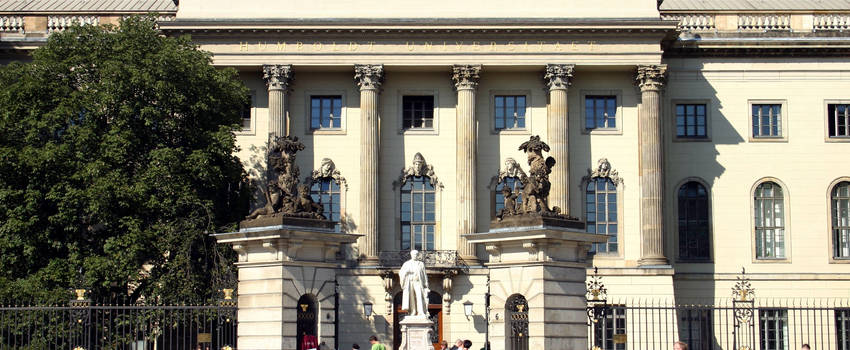 © Heike Zappe/ HU Berlin
© Heike Zappe/ HU Berlin

Humboldt University of Berlin (Humboldt-Universität zu Berlin)
Berlin, GermanyIn 1810, Wilhelm von Humboldt’s idea of founding a new type of university became a reality. The combination of teaching and research, academic freedom and the comprehensive education of students was not only a model for the Prussian university but for the world as well. And a new era for universities and academic research began. Each year, over 6,000 people decide to study at Humboldt-Universität located in the heart of Berlin. There are few other places where you can choose from 190 degree programmes, from Agricultural Science to Asian Studies. The university is first and foremost dedicated to fundamental research. Humboldt-Universität’s strengths in particular are in research on antiquity, history, philosophy, and quantitative economics as well as the life sciences, especially theoretical biology, neurology and immunology. It also has strengths in mathematics, material and optical sciences, and climate and sustainability research. These key strengths are shaped by twelve collaborative research areas, nine graduate research clusters and eleven interdisciplinary centres. Three integrated research institutes strongly connect and coordinate different research areas while developing focused topics for the future. (Source: Humboldt-Universität zu Berlin)
Map
Periods of non-work occur when employees are at work but not working (outside of scheduled breaks). In this video, MICHAEL C. BURDA analyzes the incidence and intensity of non-work in the United States, considering how it fits in with the business cycle. Drawing on data from the American Time Use Survey, Burda develops a model based on the efficiency wage theory. His research presents some striking insights into the relationship between non-work and wage levels, the availability of unemployment benefits and self-employment while suggesting some answers to long-standing questions around the impact of monitoring and the design of the work week on employee productivity.
LT Video Publication DOI: https://doi.org/10.21036/LTPUB10693


